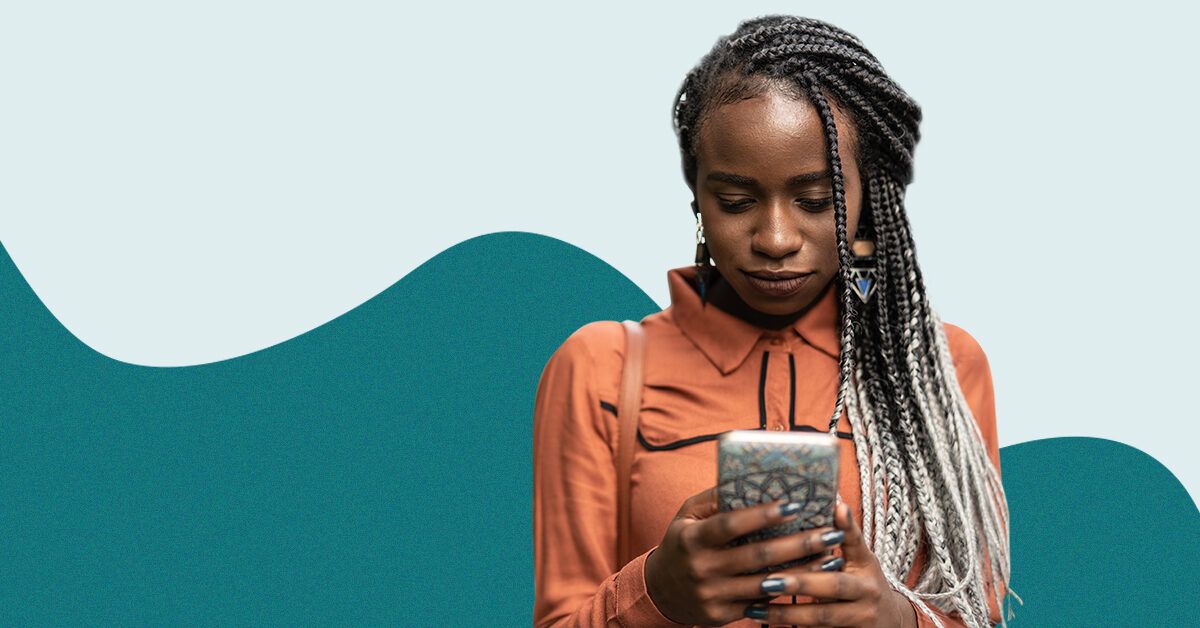
In today’s fast-paced world, taking care of our mental health is more important than ever. Thankfully, there are numerous apps available that can provide support and assistance in improving our well-being. From tracking moods to reducing stress, these mental health apps offer a variety of features to help us prioritize self-care. Let’s explore some of the best mental health apps currently available.
MoodKit: Boost Your Mood and Change Negative Thinking
Developed by clinical psychologists, MoodKit is a comprehensive app based on cognitive behavioral therapy (CBT) principles. Priced at $4.99, it offers over 200 activities designed to boost your mood and help change negative thinking. With its journal feature, you can track your mood, negative thoughts, and stress management. MoodKit is an excellent choice for individuals seeking tools to create positive thought patterns and reduce stress.
Talkspace: Access Therapy Anytime, Anywhere
Talkspace provides direct access to mental health professionals, making it a convenient and affordable therapy option. Priced at $69 per week, Talkspace offers 24/7 support through messaging and live video sessions with your therapist. Whether you’re in need of ongoing therapy or simply want a professional to talk to, Talkspace is a valuable resource.
Headspace: Cultivate Mindfulness and Improve Sleep
Headspace is a popular meditation app designed to help you live more mindfully. Offering a wide range of meditations for beginners and experienced users, Headspace aims to improve concentration, sleep, and overall well-being. Understood to alleviate stress, improve attention span, and reduce anxiety, meditation is a powerful tool worth exploring. Headspace is available for $12.99 per month or $69.99 per year.
Better Stop Suicide: Encouraging Rational Thinking
Better Stop Suicide is a free app that utilizes psychological techniques to encourage rational thinking for individuals experiencing suicidal thoughts. While the app provides calming audio files and helpful resources, it’s important to remember that during emergency situations, contacting a suicide hotline or 911 is crucial for immediate assistance.
iBreathe: Simple Breathing Exercises for Stress Relief
iBreathe is a free app that focuses on deep breathing exercises to reduce stress and anxiety. With a simple and clutter-free design, iBreathe offers a user-friendly experience. Setting reminders for daily breathing exercises can optimize the app’s benefits, providing stress relief whenever you need it most.
MindShift CBT: Addressing Anxiety with Cognitive Behavioral Tools
Geared specifically towards anxiety relief, MindShift CBT utilizes cognitive behavioral tools to adjust thinking and behaviors. With features like short meditations, thought journals, coping cards, and activities to face fears, MindShift CBT offers practical strategies to combat anxiety.
Quit That!: Tracking Habits and Addiction
Quit That! is an app designed to help individuals tackle habits and addictions. From smoking to alcohol consumption, Quit That! allows users to track their progress and see how long it’s been since they quit. For serious addictions, seeking professional help is recommended, but Quit That! can be a helpful tool on your journey towards change.
Happify: Boost Your Mood Through Games
Happify is an app that uses games developed with positive psychology techniques and CBT interventions to boost your mood. With a range of activities available, you can find games that focus on stress management, career success, mindfulness, conquering negative thoughts, and building self-confidence. While there is a free version of Happify, a full-access subscription is available at different price points.
Recovery Record: Assistance for Eating Disorders
Designed for individuals recovering from eating disorders, Recovery Record helps track food, thoughts, and feelings during mealtimes. By linking the app to the Recovery Record Clinician App, treatment professionals can monitor progress and offer tailored support. Recovery Record is a useful tool in promoting a healthy relationship with food.
NOCD: Combating Obsessive-Compulsive Disorder (OCD)
NOCD is an app developed to assist individuals struggling with obsessive-compulsive disorder (OCD). Combining mindfulness and exposure-response techniques, NOCD offers personalized therapy plans and live video sessions with licensed OCD therapists. If you’re seeking support for OCD treatment, NOCD is a reliable resource.
Calm: Promoting Better Sleep and Emotional Regulation
Calm is a mindfulness app that provides guided meditations, breathing techniques, and calming exercises to improve sleep and regulate emotions. With a variety of story recordings and a vast music library, Calm offers a comprehensive approach to relaxation and stress reduction.
Reframe: Reducing Alcohol Intake and Building Healthy Habits
Reframe is an app dedicated to helping individuals reduce alcohol consumption or quit drinking altogether. By offering tools based on neuroscience and cognitive behavioral research, Reframe assists users in managing cravings, navigating emotions, and developing healthy habits. Additionally, Reframe provides educational content and a supportive community for users.
I Am Sober: Supporting Alcohol Sobriety Goals
For individuals looking to quit alcohol, I Am Sober offers valuable support and encouragement. With features that track progress, identify triggers, and record sober days, this app assists in developing healthy habits and achieving sobriety. By connecting with the I Am Sober community, users can find motivation and companionship on their journey.
FAQs
-
How much do these mental health apps cost?
- The cost of mental health apps varies. Some offer free versions, while others require a monthly or yearly subscription.
-
Are these apps replacements for therapy?
- These apps can be helpful tools for managing mental health, but they are not substitutes for professional therapy. If you require more in-depth support, it’s recommended to seek therapy from a licensed mental health professional.
-
Are these apps available for Android devices?
- Many of the apps mentioned in this article are available for both iOS and Android devices. Check the app store for compatibility with your device.
Conclusion
Taking care of your mental health is essential, and these mental health apps offer a range of features to assist you on your journey. From tracking moods and reducing stress to improving sleep and promoting mindfulness, these apps can provide valuable support and resources. Remember, while these apps are helpful, they should not replace professional therapy. Prioritizing your mental health is a valuable investment in your overall well-being.
Check out Instant Global News for more insightful articles and stay up to date with the latest news and trends.


